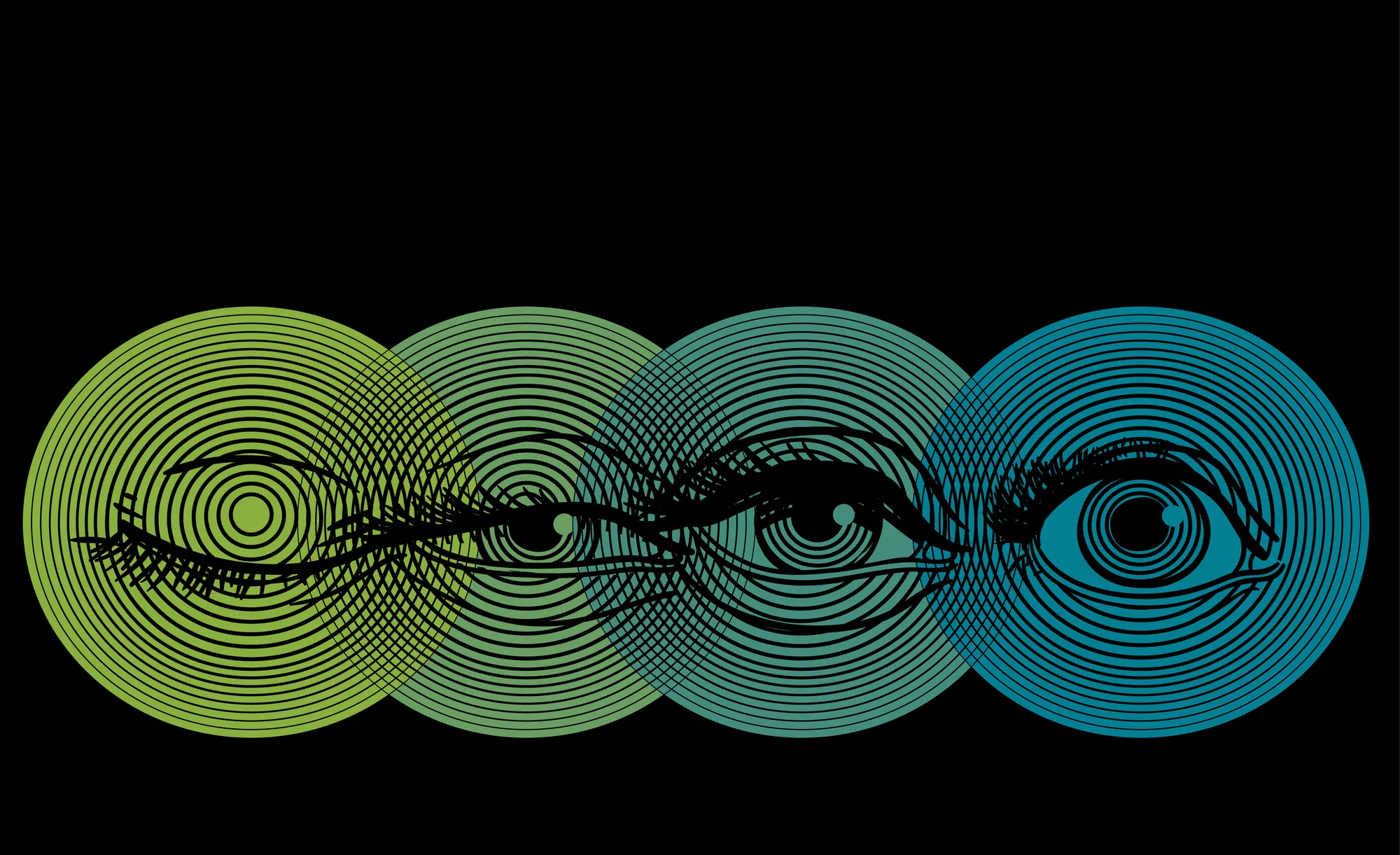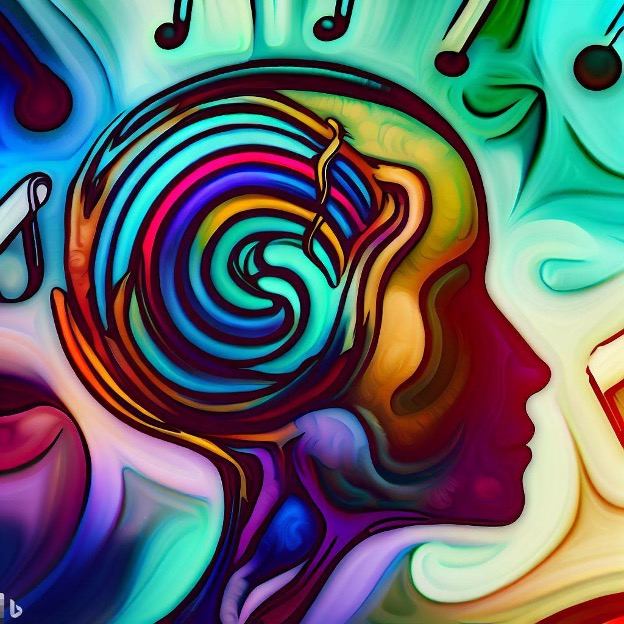Social anxiety disorder, also known as social phobia, is an extreme fear of adverse or wrong judgment from people, leading to feelings of humiliation, rejection, embarrassment, and inadequacy in a social situation. People with this disorder may worry about others considering them to be dull, stupid, strange, or embarrassing in social interactions. To cope, they often avoid social events or gatherings, and when they are forced into one, they feel anxious and distressed.
Physical symptoms accompanied by social
anxiety disorder include nausea, a rapid heart rate, and sweating. Social anxiety disorder can make a person feel helpless, as well as, often, ashamed.
Statistics indicate that social anxiety disorder affects about 15 million American adults. Most of these individuals begin developing this disorder during their teenage years and let it go untreated until well into adulthood, if ever.
How Social Anxiety Can Make Your Life and Work Miserable
Social anxiety disorder can make your life miserable and chaotic. For instance, you might turn down job opportunities that need frequent communication with new people, or you might avoid seeing friends.
Social anxiety symptoms may be so excessive that they interfere significantly with daily life habits. They can also inhibit a person’s social life, dating scene, performance in work or school, exercise and eating habits, or overall self-sufficiency. For these reasons, individuals who suffer from this disorder also have a higher risk of acquiring major depressive disorder and substance addiction.

However,
social anxiety disorder should not hinder anyone from achieving their full potential. With the right treatment, one
can overcome these symptoms.
How Ketamine Therapy Works
Researchers have discovered that
ketamine can help immensely in treating social anxiety disorder. The human brain consists of complex and extensive chemical processes that take place daily. Neurobiologists have been studying the full functions of ketamine in treating psychiatric-related disorders. Below is a simplified explanation of how ketamine interacts with brain chemicals and receptors, and how this drug can offer immediate relief from social anxiety disorder.
Ketamine is an NMDA (N-methyl D-aspartate) receptor antagonist and an AMPA (Alpha-Amino-3-Hydroxy-5-Methyl-4-Isoxazole Propionic Acid) receptor stimulator. AMPA has various biological functions in the brain that lead to the formation of new receptors and synapses that provide crucial connections between neurons. Studies indicate that a deficiency in the proper mechanism, functioning, and relationships of the above receptors can cause mood disorders, such as
depression and social anxiety.
Another key neurotransmitter is glutamate, an amino acid found in 80% of neurons. Glutamate influences the formation and number of brain synapses and works with GABA neurotransmitter to retain a healthy, fully functional nervous system. If imbalances between GABA and glutamate exist, it can lead to various problems such as anxiety, insomnia, overstimulation, and concentration issues.
However, positive evidence indicates that ketamine creates a balanced glutamate system by acting as a receptor “antagonist.” One of its functions includes blocking the NMDA receptor, which is one of three major glutamate receptors, so it increases glutamate levels. This is why many researchers believe that ketamine can provide the best treatment for social anxiety disorder.
An important factor to note is that scientists are still studying all of the ways in which ketamine therapy impacts the brain, and why it works quickly to reduce social anxiety and mood disorder symptoms. However, the fact is that it has shown more success than the other most common
medications used for social anxiety disorder, such as SSRIs, MAO inhibitors, and Tricyclics.
Why Ketamine Is Better Than Other Mood Disorder Drugs in Treating Social Anxiety Disorder
Ketamine has proven to cause very minimal side effects when used to treat social anxiety disorders, in comparison to other psychiatric drugs like antidepressants. Unlike common drugs used to treat mood disorders that show various serious side effects, ketamine has very few common side effects, all of which tend to disappear within a couple of hours of treatment ending.
Some of its short-term side effects after the first use include hallucinations, disorientation, reduced environmental awareness, and forgetfulness. Other drugs used to treat mood disorders might take more than a few weeks to start showing significant results in the body, and they also might cause more serious side effects down the road. If you are experiencing symptoms consistent with social anxiety disorder, consider how ketamine therapy could benefit you.
 However, social anxiety disorder should not hinder anyone from achieving their full potential. With the right treatment, one can overcome these symptoms.
However, social anxiety disorder should not hinder anyone from achieving their full potential. With the right treatment, one can overcome these symptoms.


























